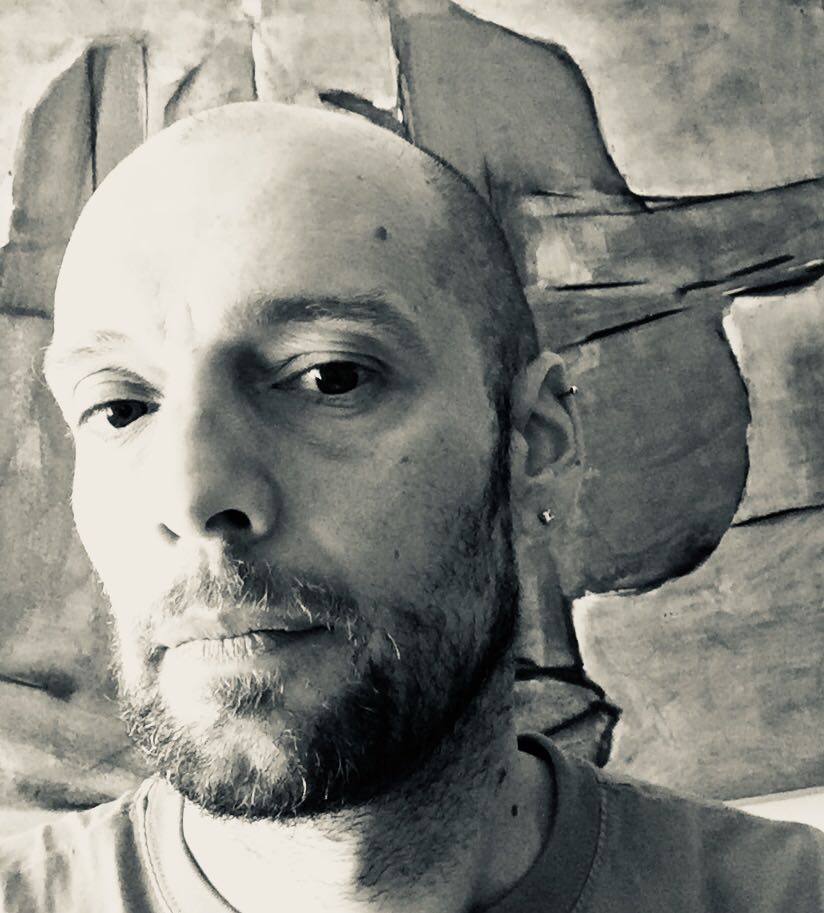Biography
Enrico Pelizzo
Pelizzo Enrico was born in 1977 in Terracina, a city in the italian province of Latina, where he currently lives.
Being an autodidact, he has been living by the refined culture of his father, Angelo, an extremely appreciated artist in the figurative art field.
Enrico began painting intensively at 20 years of age, and even in his initial works the maturity and the wholeness of who owns the gift of getting what cannot be seen, making the beauty a dream and impress the eyes through colors were evident.
He turning point of his life was when his father began traveling through Italy participating in painting challenges “en plen air”, and in expositions in which he received prizes and recognition.
In Enrico's words: “The extemporaneous have been a street school to me; they taught me how to work with speed and yet pay attention to detail”.
Evidences of this are the ease ad the fluidity of his mark and chromatism, never ordinary nor casual; the chromatisms originate by a process of synthesis and research of essentiality that painting almost in real time has perfected an active contact between Enrico and his works, showing an easily identified central theme, those that, in an ordinary and maybe reducing way could be called abstract shapes, imaginary, unworldly, intense, hermetic, incisive spaces that, through a careful interpretation, let obvious connections become clear, elements of a world that Enrico does not rejects, that he tries to make is own instead by creating continuities that get interrupted, and fractures that come together in paintings that seem unique and yet multiform at the same time, fruit of an ability to isolate themselves from what is around them, without pressure or conditioning.
“... it is hard to bear your soul; I try to impress on the canvas the contrast between reason and instinct, the intuition of my inner sight. All of this is possible by letting others find you”.
His fervid artistic activity is the see-through and painless outburst of his living, innovative and refreshing, and it's impressed in the observer's soul to evoke feelings, and to draw the ability and the freedom to interpret them and be part of them.
“I don't represent, I try to present my alive impressions to the observer”


